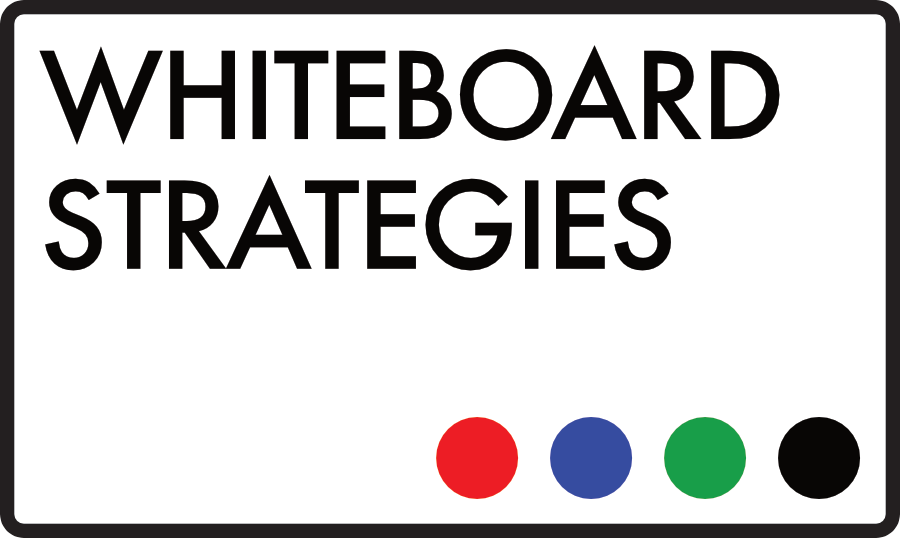Like a lot of you, I was surprised by the outcome of the general election. Not as surprised as David Cameron, I’m sure, but surprised. It got me thinking a bit about leadership.
Leadership is one of those words that you can tick off your ‘buzzword bingo’ sheet at least 50 times a day. It’s everywhere – and it’s horrible. Thought leadership, market leadership, team leadership – if you spend any time on Linkedin you could be forgiven for thinking that everyone out there is a leader of some kind.
Of course, they’re not.
David Cameron, on the other hand, is a leader. Regardless of what anyone might think of him, winning the election that no one thought he could win has cemented that fact. In fact, it was one of the points the media kept coming back in the coverage – Ed had done OK in this debate, but can you see him leading the country? David might appear wildly unpopular with the voting public, but he looks like the leader of the UK.
Here’s the thing about leadership – it’s difficult to define. I mean, in real terms it’s simple: it’s about being ahead of the curve, about being in a position to leverage influence, about being in a position to implement ideas. Ask anyone for a definition and they’ll rattle off something to that effect.
But in real terms, a more nitty-gritty definition of leadership can be hard. What makes one sales manager a natural born mover of people, and another an absolute no hoper who was never going to make it past the end of Q1?
I think in my experience it comes down to three Cs – Communication, Confidence and Commitment.
Communication is hugely important. You need to be able to communicate clearly, concisely and consistently with the people you are leading, whether that’s a three man sales team or the entire voting-age public of the UK. Communication means clearly defining the value that you can deliver to them, clearly defining the value you expect them to deliver for you, clearly demonstrating how and why you are the person to be delivering that value and that leadership.
A great man once said that “power resides where men believe it resides” (it was Varys in Game of Thrones, I think…). Regardless, it’s true – confidence is key. To go back to the general election, Cameron looked like a leader, acted like a leader, told people he was a leader – and people agreed with him. It’s a double-edged sword of course, because unless you’re declaring your leadership with some real self-belief and authority, then no one’s going to buy it.
That’s true if you’re broadcasting on Linkedin that you’re a ‘thought leader’, or a leader of the opposition looking to get into government. To a great extent leadership is self-fulfilling. I’m sticking another ‘C’ in as a sub-category of this one: charisma. Don’t be afraid to be a human being, to treat the people you talk to – and the people you lead – like human beings too. You’ll see the benefits.
Finally, leadership is about commitment. In real terms, that often means being another pair of boots on the ground – mucking in when the hard work needs doing, getting in amongst your troops and doing your bit as one of them. At a higher level though, it’s about commitment to your ideals, commitment to your goals, and commitment to your team. Have a clear set of values, stick to them, and encourage your team to stick to them. Ensure a commitment to integrity across your team and their work.
I think that you can probably apply all of this to the general election, if you wanted to. Regardless of whether or not you think that Cameron and the Conservatives are better at leading the country, they were better at leading the debate – better at communicating their value, setting the agenda, getting the media onside, and ultimately getting the electorate to vote for them despite what felt like a real groundswell against them.
Improve your communication skills. Be more confident. Commit to your leadership role. That’s how you lead – and ultimately the only definition of leadership that matters is “the process of leading”. Get out there and do it.

Recent Comments